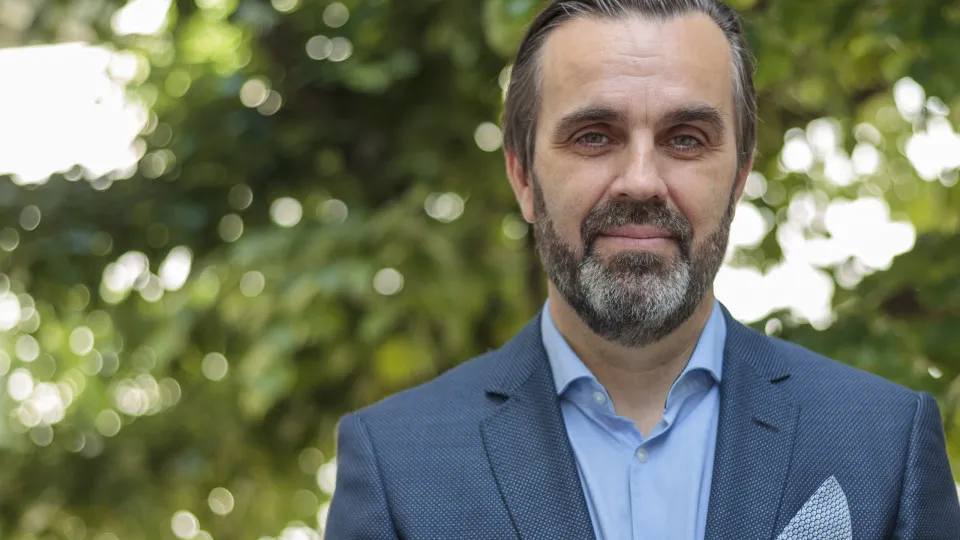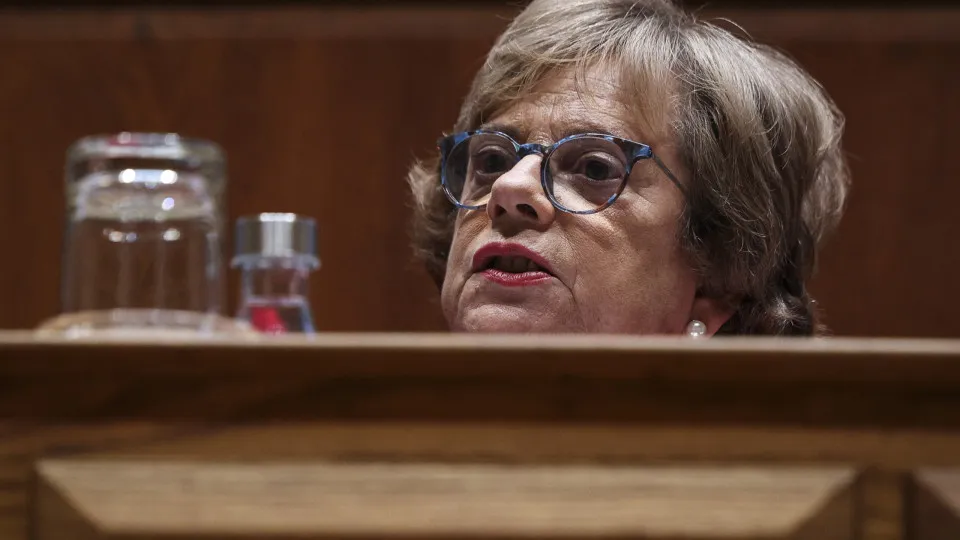
“There are a set of demands from these doctors that are understandable. What I ask at this moment from the Ministry of Health – it’s a request made by the Portuguese Medical Association – is to meet with these doctors to try to understand the full dimension of the problem,” stated Carlos Cortes.
A group of contract doctors with no formal ties to the National Health Service (SNS) launched a petition today to legitimize their leadership in requesting a meeting with the ministry led by Ana Paula Martins, who has stated she has not yet received any request for a meeting.
On Wednesday, it was revealed that a group of more than a thousand contract doctors is preparing a strike at emergency services for when the Government’s decree regulating contracted medical work is published.
“If [the strike] happens, it will have a major impact on emergency services. I fear this might happen. We see that when there is no service provider, in many cases there is no emergency response” in several hospitals, warned the head of the association.
According to him, this process of regulating contracted medical work “was very poorly handled by the Ministry of Health,” starting with “a very unfair threat” to the contract doctors, considering that they have “held up the SNS in many areas for many years.”
Carlos Cortes also highlighted that it was the Ministry of Health that, several years ago, created the figure of the service provider, recalling that during the intervention of the ‘troika’ in Portugal, many “doctors who had contracts with hospitals were pushed” towards the contract system.
“There was a wrong path and what the Portuguese Medical Association recommended to the Ministry of Health was that there should be a transition period,” said the head, advocating that there should not be a multiplicity of contract relationships between the SNS and doctors, but rather the “appropriate form” of individual work contracts.
The head of the association also acknowledged that the potential strike of emergency services raises ethical and deontological questions, considering that the “primary and priority” mission of a doctor is the patient.
“These are values of medicine that in emergencies have an even more important dimension,” emphasized Carlos Cortes, noting that it’s no coincidence that when a strike is declared by a union, emergency services always remain part of the minimum services to be fulfilled.
“While understanding the demands of these doctors, I cannot help but consider the ethical and deontological care involved in this type of strike because emergency services are not about delaying a consultation, not about rescheduling a surgery, they are non-deferrable care,” he emphasized.
At stake is the regulation of contracted medical work approved by the executive at the end of October, which aims to discipline the payments made to these health professionals and foresees a regime of incompatibilities.
With this new regulation, the Government aims to minimize the payment differences between doctors who have contracts with the SNS and those who work as contract service providers, most of whom are hired on a task basis by hospitals to ensure emergency services.
A July report by the Public Finance Council indicated that the hiring of medical services to fill the shortage of specialists in local health units (ULS) saw a growth of 3.6% in 2024 in the total contracted hours, corresponding to an expenditure of almost 230 million euros, an increase of 11.7% compared to 2023.




